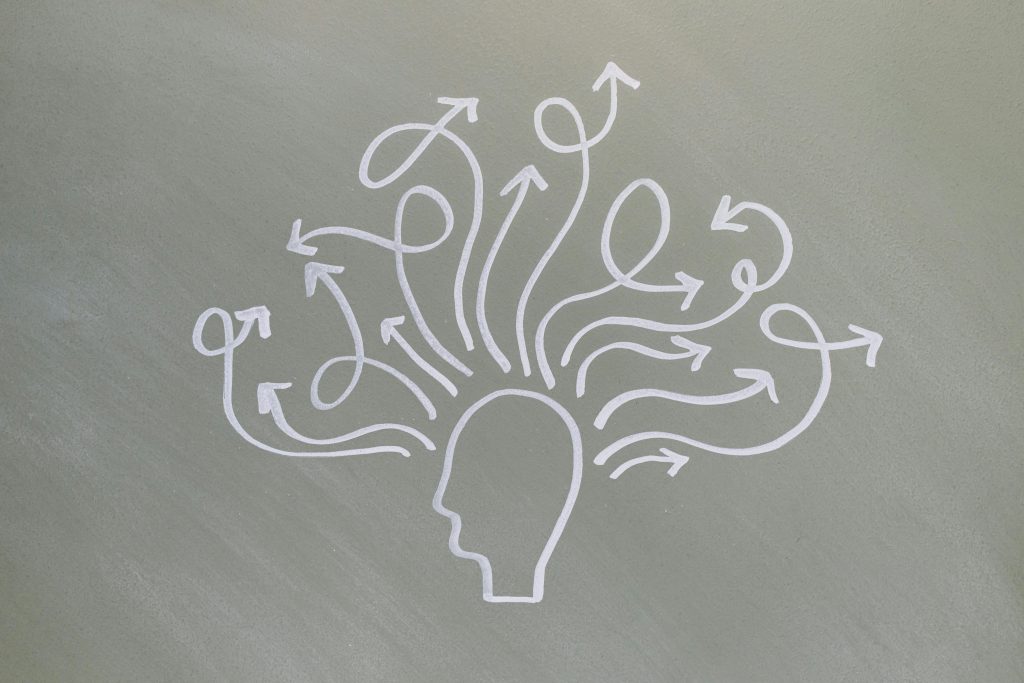
Children with learning disabilities often face more than just academic challenges. They may feel frustrated, anxious, or left out — especially if they struggle to communicate those emotions, or have difficulty with tasks that are more easily accomplished by their peers.
These emotional ups and downs can make it harder for them to focus, learn, or feel good about themselves. That’s why helping them learn how to self-regulate — in other words, managing their emotions and reactions by themselves — is so important.
Thankfully with the right support, children with or without learning disabilities can build these skills and grow into confident, emotionally attuned individuals. Here are some simple, effective ways to help:
Teach Them to Name Their Feelings
One of the first steps to self-regulation is knowing what you’re feeling. Help children learn to identify emotions by giving them the words to describe what’s going on inside — whether they’re happy, sad, frustrated, embarrassed, excited, or overwhelmed.
You can use books, emotion charts, or just talk about your own feelings in everyday life. This shows them that emotions are normal, manageable and can be healthily expressed in various ways without resorting to outbursts.
Create a Safe, Supportive Environment
Children with learning disabilities often feel isolated or misunderstood. A safe, calm environment to express themselves helps reduce anxiety and encourages emotional growth.
This means trying your best to not let your own negative emotions spill out onto them. Keep in mind that showing your anger and frustration to children doesn’t make them understand you better; it often creates the opposite effect. It also becomes much more challenging for them to self-regulate when there’s no constant adult example to emulate.
So be patient, avoid harsh criticism, and celebrate effort, even when the result isn’t perfect. When they feel safe to try, fail, and try again, kids become more confident and better able to handle and express their feelings.
Use Visuals and Routines
Children with learning disabilities often benefit from structure and clear expectations. Visual schedules, checklists, and step-by-step routines can make daily life feel more predictable and less overwhelming.
When they know what to expect, they’re better able to prepare emotionally. For example, a “calm-down plan” with pictures of steps like “take deep breaths” or “go to my quiet space” can help them regulate themselves when they’re upset.
Teach Coping Skills Through Practice
While self-regulation isn’t always easy to impart to children, there are some tried and tested strategies for this. There are several calming techniques or suggestions you can teach children to facilitate their self-regulation, which include:
- Deep breathing when angered
- Counting to ten when negative emotions persist
- Taking a break between activities
- Using fidget tools to distract from intense feelings
- Talking to a trusted adult
It may be a good idea to get your child to practice these techniques and suggestions habitually, so that they’re ready to use them before a potential meltdown.
Celebrate Small Wins
Every time your child handles a tough moment with even a little more control, celebrate it. This doesn’t mean making a huge deal out of it. Instead, make it clear that you recognise your child’s effort and that they’re doing a great job.
Make it a habit to praise them for each small milestone they achieve on their way to self-regulating themselves effectively. A timely, but not excessive, use of praise can help your child build confidence and helps reinforce positive behaviour.
References
Schools Vic (2023) How to help children self-regulate [Accessed 14 April 2025] Available at: https://www.schools.vic.gov.au/includedoshc/safe-environments/how-help-children-self-regulate
LifeWorks Schools (2024) Self-Regulation Strategies For Children With Disabilities [Accessed 14 April 2025] Available at: https://lifeworksschools.com/blog/self-regulation-strategies-for-children-with-disabilities
Matthew H. Rouse (2025) How Can We Help Kids With Self-Regulation? [Accessed 14 April 2025] Available at: https://childmind.org/article/can-help-kids-self-regulation/
The Deron School (2024) How To Foster Self-Regulation For Children With Special Needs [Accessed 14 April 2025] Available at: https://www.deronschool.org/blog/how-to-foster-self-regulation-for-children-with-special-needs/